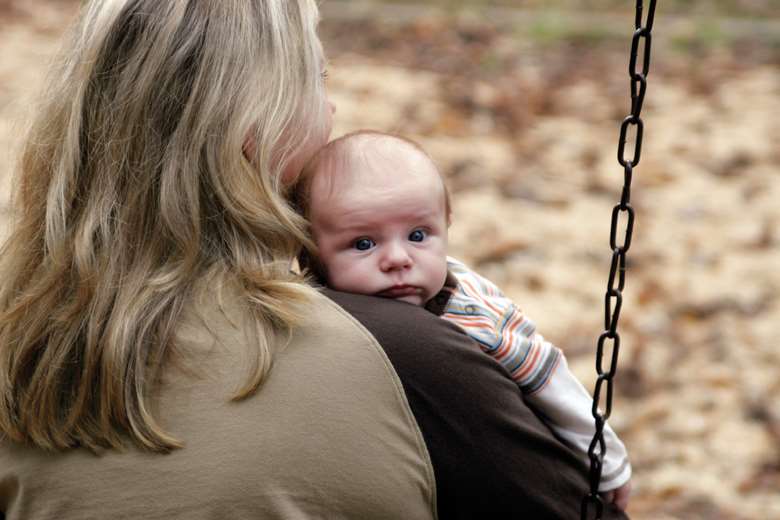Free childcare helps reduce depression risk, finds research
Laura McCardle
Tuesday, December 10, 2013
The provision of government-funded childcare enables single mothers to achieve a positive work-life balance, which in turn reduces the risk of depression, according to new research.

A study by the Nuffield Foundation shows that depression among employed single mothers fell from 32 per cent to 23 per cent between 1998 and 2008, while the number of unemployed single mothers diagnosed with depression during the same time frame rose from 33 per cent to 41 per cent.
Researchers claim that this reveals a link between mental health and work, and attribute the decrease in the number of employed single mothers diagnosed with depression to the increased availability of government-funded childcare and the introduction of tax credits.
They say that support from the state helps single mothers achieve a positive balance between work and childcare, which allows them to develop a sense of identity and improved self-esteem.
Teresa Williams, director of social research and policy at the Nuffield Foundation, welcomed the findings but is concerned about the effects of changes to policy.
She said: “The improvement in mental health among lone mothers who work is good, not least because we know that maternal depression is strongly associated with children’s cognitive emotional wellbeing, but we don’t know whether it is sustainable.
“If political and economic changes since 2008 make it more difficult for lone mothers to balance work and home life then we may see a reversal of this trend.”
Neil Leitch, chief executive of the Pre-school Learning Alliance, also welcomed the research and is unsurprised by the findings of the study.
He said: “High-quality early years provision not only enables lone parents to return to paid work if they choose to do so, it also provides a friendly, welcoming environment in which they can make friends with others in similar circumstances and build networks of support.
“This in turn can play a vital role in helping build their confidence, and we see many parents subsequently taking up childcare training or volunteering opportunities as a result.”
Under a current government scheme, launched by Deputy Prime Minister Nick Clegg in September, parents of England’s 130,000 most disadvantaged two-year-olds are able to claim up to 15 hours of free childcare from a local provider.
The government also offers up to 15 hours of free childcare for three- and four-year-olds, which Labour has pledged to increase to 25 hours if the party wins the next election.




